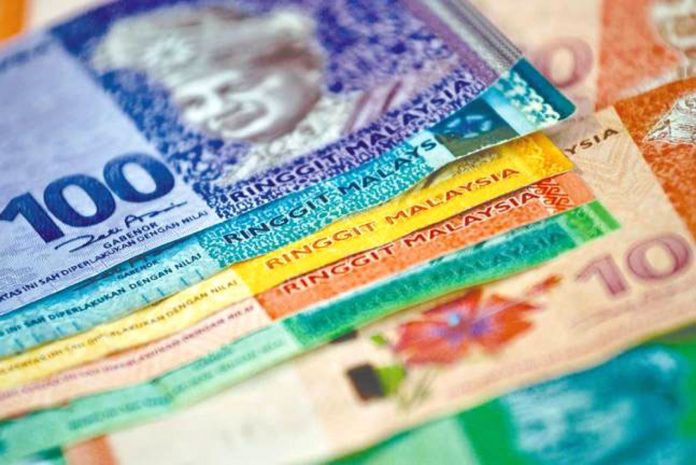There has been much debate in Malaysia surrounding the controversial RM1,200 minimum wage. However, it has now been gazetted and will officially encompass 56 city and municipal council areas from 1 February 2020.
The gazette was released by the Human Resources Ministry on 10 January 2020 under the Minimum Wages Order 2020. It states that the minimum wage rate payable to an employee who works within the 16 city councils and 40 municipal councils will be RM5.77 an hour or RM1,200 monthly. The rates payable for a four-, five- and six-workday week will be RM69.23, RM55.38 and RM46.15 respectively.
For areas outside the listed areas, the gazette states that the minimum wage rates will be at RM5.29 an hour or RM1,000 per month. These rates payable for a four-, five- and six-workday week being RM63.46, RM50.77 and RM42.31 respectively.
In addition to this, the gazette also applies to those that do not receive basic wages. Workers that are paid on piece rate, tonnage, task, trip, or commission must not be paid less than the respective stated minimum wages.
Mr Samsudin Baradan, executive director of the Malaysian Employers Federation, lamented that the cost of doing business would likely rise as a result, with employers having to shoulder the burden of the wage increase themselves. It is entirely possible that the wage increase could backfire, as employees may be let go in order to keep costs down.
“The present economic situation is hardly the time to increase the cost of doing business,” said Samsudin. “Malaysia is affected by the sluggish global economy and this is reflected by the high number of retrenchments.”
Additionally, Samsudin shared his concerns regarding the possible reaction of employers and employees. As 56 areas are to benefit from the new directive, anxiety is likely to run rampant among both employers and employees as the demarcation of geographical boundaries was unclear. For example, the oil palm industry will face major problems as the estates are located within the 57 major cities and towns, and also the other local councils.
“Such estates will be subjected to a lot of scrutiny in terms of alleged discriminatory practices by paying different rates of minimum wages to the employees,” he added.
Samsudin also mentions that the increase in minimum wage is likely only to benefit foreign workers, resulting in the weakening of the ringgit even further.
He states that the increased wages would result in about RM2.5 billion more annual remittances to the home countries, with foreign workers already repatriating about RM34 billion yearly.
Quite a number of employers and professionals, particularly from the SME sector, have lent their voices to Mr Samsudin, agreeing that the cost of doing business would definitely increase.






















